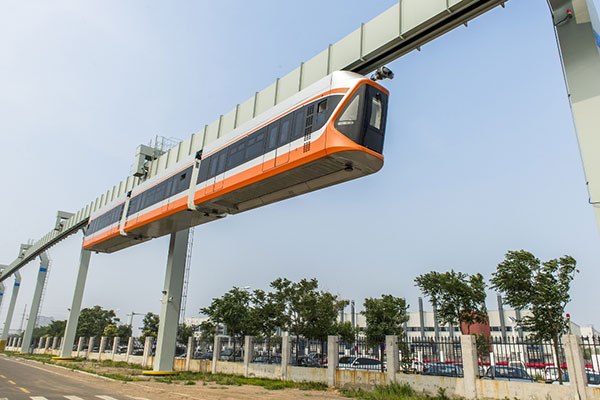Beijing authorities arrest 9 in internet malware scheme
Beijing police have arrested nine suspects in a cross-border internet browser hijacking case.
Malware called “Fireball” was developed by a company located in Beijing’s Haidian district to hijack browsers and profit from commissions on internet advertising by redirecting traffic, according to the Haidian sub-bureau of the municipal Public Security Bureau on Monday.
The company gained 80 million yuan (US$12 million) last year from the malware, which was bundled with legitimate software provided to users, the sub-bureau said.
The suspects are charged with the crime of sabotaging a computer system, it said.
The malware mainly targeted overseas users.
Zhao Leiluo, deputy head of the sub-bureau, said the company was set up in 2015 and registered in Haidian district. The malware targeted the overseas users in an attempt to avoid supervision in China, he said.
The crime should be punished regardless of borders, Zhao said, adding that the enforcement action demonstrates the determination of police to curtail the practice.
Wang Jingjun, deputy head of the internet security division of the sub-bureau, said the suspects confessed to the crime. The malware they developed was first detected by an overseas computer lab.
Beijing Huorong Network Technology Co reported the malware to the police and assisted them in obtaining key evidence after it was discovered by security company Check Point Software Technologies based in San Carlos, California, near Silicon Valley.
According to Check Point, more than 250 million computers worldwide have been infected by Fireball.
More than 140 suspects involved in internet hijacking have been busted since March. Around 130 cases of criminal cyberattacks were stopped in the same period, the authorities said.
